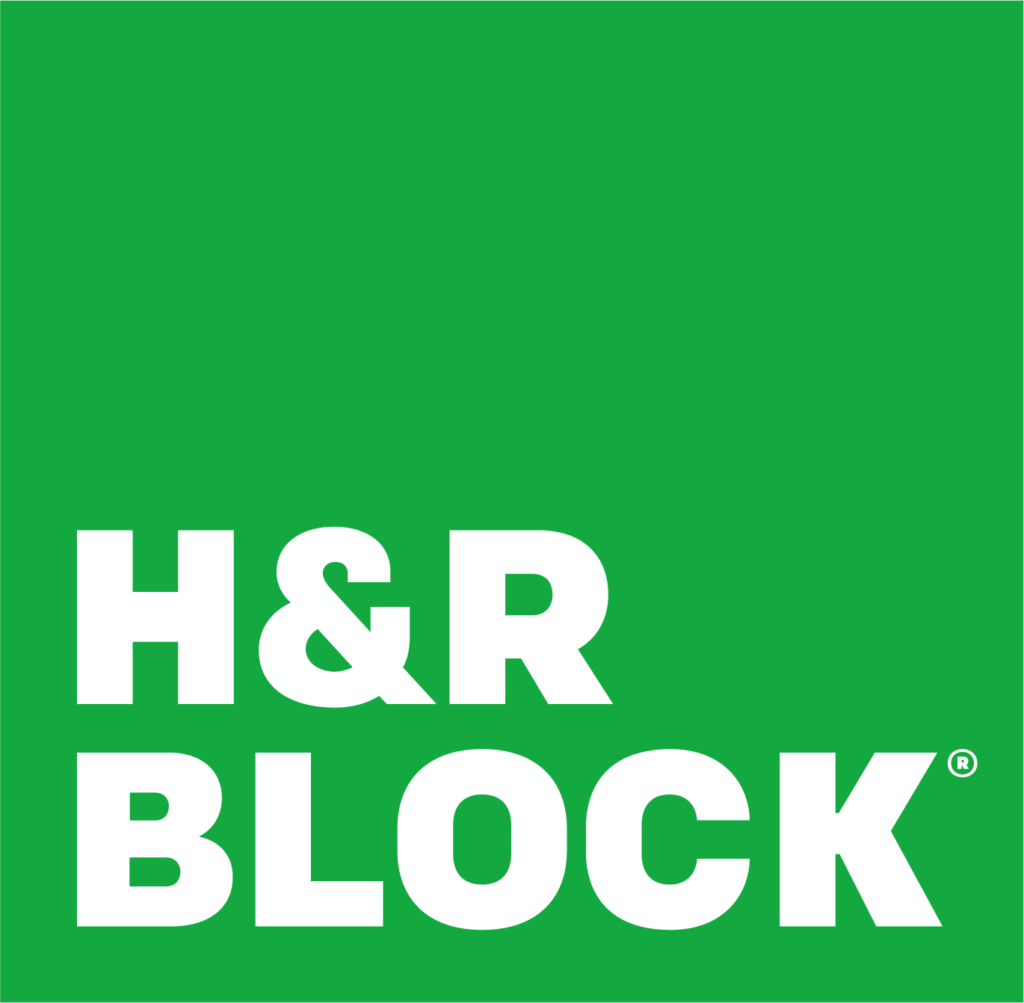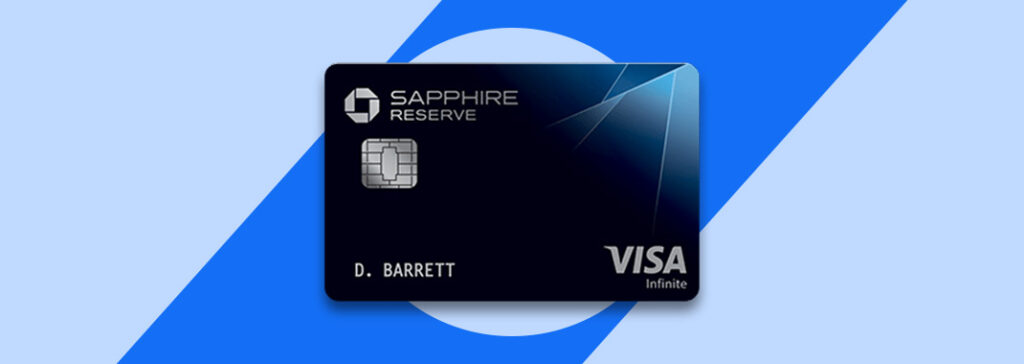Most products on this page are from partners who may compensate us. This may influence which products we write about and where and how they appear on the page. However, opinions expressed here are the author's alone, not those of any bank, credit card issuer, airline or hotel chain. This page may include information about American Express products currently unavailable on Slickdeals. American Express is not a partner of Slickdeals.
As you may already know, understanding your business tax obligations is crucial to running a successful and compliant business. Don't worry, we're here to help make tax season a breeze. In this guide, we'll cover all the basics of small business taxes, including how to register your business, what deductions and credits you may be eligible for, and how to properly file your tax forms and returns.
We'll also go over the importance of accurate record-keeping and when it might be helpful to seek professional assistance. Whether you're just starting out or want to make sure you're on the right track, this guide is for you.
 Related Article
Related Article
9 Best and Cheapest Online Tax Services in January 2026
Initial Tax Registration
How To Register Your Business For Taxes
You've got your business plans in order and are ready to hit the ground running. But first, we need to talk about how to register your business for taxes. To start, you'll need to determine the type of business structure you have. This will affect which taxes you need to pay and how you file. Some common business structures include:
- Sole Proprietorship
- Partnership
- Corporation
- Limited Liability Company (LLC)
Once you've figured out your business structure, you'll need to obtain any necessary licenses and permits. This will vary based on your location and type of business.
Finally, you'll need to register for any applicable federal and state taxes. This typically includes registering for an Employer Identification Number (EIN) and paying business taxes such as income tax, self-employment tax, and sales tax. Don't worry, it may sound intimidating at first, but it's actually not too difficult. Just take it one step at a time and you'll have your business registered for taxes in no time.
Different Business Structures And Their Tax Implications
Let's dive into the different business structures we mentioned above and what you can expect in terms of their tax implications. Each structure will have its own unique set of tax burdens, so it's important to understand their differences so you can build the correct tax framework for your business.
Sole Proprietorship Taxes
A sole proprietorship is the simplest business structure and is suitable for many small businesses. As a sole proprietor, you'll report all business income and expenses on your personal tax return, meaning you'll pay self-employment tax on your net income.
Partnership Taxes
A partnership is similar to a sole proprietorship in that business income and expenses are reported on the personal tax returns of each partner. However, each partner is only responsible for paying self-employment tax on their share of the business's net income.
Corporation Taxes
A corporation is a separate legal entity from its owners, meaning it is treated as a separate entity for tax purposes. As such, the corporation pays taxes on its profits, and the owners (also known as shareholders) pay taxes on any salary or dividends they receive from the corporation. This is known as double taxation, as the same income is being taxed at both the corporate and individual levels.
Limited Liability Company (LLC) Taxes
An LLC, or limited liability company is a business structure that combines elements of both a corporation and a sole proprietorship or partnership. As an LLC owner or member, you have limited personal liability for the debts and actions of the business. Additionally, LLCs offer flexibility in terms of taxation.
Members can choose to have the LLC taxed as a corporation or as a sole proprietorship/partnership. This means that the LLC can either pay taxes on its profits and the members pay taxes on their share of the profits, or the LLC's profits and losses can be passed through to the individual members and taxed at the individual level.
Quick Tip
Consider hiring a registered agent service when forming an LLC. This person or business will handle the receipt of legal documents, such as service of process, on behalf of the LLC and can provide a professional address to maintain privacy.
Filing Requirements For Small Businesses
Your tax filing requirements may vary depending on the structure of your business and the amount of income you earn. It's also important to keep track of all your receipts and expenses throughout the year to take advantage of deductions and credits, which can lower your tax burden. By staying organized and keeping good records, you can ensure that you meet all of your tax obligations and minimize any potential headaches come tax time.
Deductions
For small business owners, it's important to understand the deductions that are available to you. These can help lower your tax burden and save you money. Here are some common tax deductions for small businesses:
- Business expenses: You can deduct any ordinary and necessary business expenses, such as supplies, rent, and employee salaries.
- Home office deduction: If you use part of your home for business purposes, you may be able to claim a deduction for the related expenses.
- Vehicle expenses: If you use your car for business purposes, you can claim a deduction for the related expenses, such as gas and maintenance.
- Depreciation: You can claim a deduction for the decline in value of business assets, such as equipment and furniture.
To maximize your deductions, it's important to keep accurate records and receipts for all of your business expenses. You should also consult with a tax professional to ensure you're taking advantage of all the deductions that you're eligible for.
 Related Article
Related Article
Double Dip: Why Small Businesses Should Take Advantage of These 2 Chase Offers
Credits
Tax credits are a type of tax benefit that allows you to reduce the amount of tax you owe on a dollar-for-dollar basis. In other words, if you're eligible for a $1,000 tax credit and owe $3,000 in taxes, your tax bill will be reduced to $2,000. Tax credits are generally more valuable than deductions because they directly reduce your tax liability, rather than just reducing the amount of income that's subject to tax.
There are various tax credits available to small businesses, depending on your circumstances. Some examples include:
- Small business health care tax credit: This credit is available to small employers who offer health insurance to their employees.
- Energy efficient commercial buildings deduction: This deduction allows businesses to claim a deduction for the cost of energy-efficient commercial building property, such as heating, ventilation, and air conditioning systems.
- Research and development tax credit: If your business engages in research and development activities, you may be eligible for this credit, which can help offset the costs of these activities.
It's important to note that tax credits have specific eligibility requirements and may be subject to limits. It's a good idea to consult with a tax professional to determine which credits you may be eligible for and how to claim them.
H&R Block for Small Business

This product is currently not available via Slickdeals. All information about this product was collected by Slickdeals and has not been reviewed by the issuer.
- Our Rating 4.5/5 How our ratings work
H&R Block for small business offers a wide range of services for small business owners, including freelancers and contractors. This flexibility means more business owners may be able to benefit from H&R Block’s tax products and services.
Overview
Business owners have a lot of flexibility when using H&R Block for small business. H&R Block’s tax preparation software can be used to file independently online, or with the help of a tax professional. If users decide to work with a professional, they have the option to meet in-person, virtually or drop off files at an office. In addition to tax preparation, H&R Block also offers small businesses bookkeeping and payroll services that help with tax payments and reporting obligations throughout the year.
Pros
- 100% satisfaction guarantee available with desktop tax software (before filing return)
- Flexible options for small business owners who need DIY or professional tax help
- E-file up to five federal returns with desktop software
- Free audit support included with desktop software and add-on audit protection available when working with tax professionals
Cons
- Additional fees apply for an extended download timeframe and backup CD
- No live tax help with desktop software
- Additional $19.95 to e-file state tax return with desktop software
- Additional $75 fee applies for Business Tax Audit Support protection when working with a tax professional
Tax Forms and Returns
The way you structure your business will correlate to which forms you'll fill out come tax season. It is likely you will have multiple tax forms to file, however, here are some common tax forms you'll face as a small business owner.
- Form 1040 and Schedule C: If you're a sole proprietor or a single-member LLC, you'll need to report your business income and expenses on Form 1040 and Schedule C.
- Form 1065: If you're a partnership or multi-member LLC, you'll need to file Form 1065 to report your business income and expenses.
- Form 1120: Corporations use Form 1120 to report their business income and expenses.
- Form 941: If you have employees, you'll need to use Form 941 to report your employment taxes, such as Social Security and Medicare taxes.
- Form 940: Form 940 is used to report federal unemployment tax.
- Form 1099-MISC: If you pay an independent contractor more than $600 in a year, you'll need to report the payment on Form 1099-MISC.
Keep in mind that the forms listed are just a few examples and that your filing requirements will vary based on your unique business. As always, it is advisable to talk with a tax professional to ensure you are checking off all the correct boxes.
Record Keeping And Documentation
Accurate record-keeping is essential for small businesses when it comes to completing tax forms and filing returns. Good record-keeping can also help you make informed business decisions, monitor your progress, and track your finances. Here are some tips for staying on top of your business income and expenses:
- Keep all of your receipts and documentation organized: This includes receipts for business purchases, invoices, and bank statements.
- Use accounting software: There are many affordable and user-friendly accounting software options available that can help you track your income and expenses and generate reports.
- Use separate bank accounts for your business: This will make it easier to track your business income and expenses and prepare your tax returns.
- Set up a filing system: Whether it's a physical filing cabinet or an electronic system, it's important to have a way to easily access and organize your financial documents.
- Monitor your cash flow: Keep an eye on your business's financial health by regularly reviewing your income and expenses. This can help you identify any potential issues and make adjustments as needed.
- Record transactions promptly: Don't wait until the end of the month or quarter to record your transactions. The sooner you record them, the easier it will be to keep track of your finances.
TaxSlayer
- Our Rating 4.5/5 How our ratings work
Regardless of which tier you opt for, TaxSlayer offers users an incredible amount of value for a relatively affordable price. Featuring a free version meant for simple tax situations, as well as a Classic tier that includes access to additional deductions, credits and forms and a Premium tier that comes with robust customer support functionality, you'll likely be able to find a service offered by TaxSlayer that satisfies your needs. Plus, active military members can file their federal returns for free with TaxSlayer.
Overview
TaxSlayer offers four tiers of service, ranging from a free version that’s best for simple tax situations to a premium tier that includes live chat support, as well as priority phone and email support. While not everyone qualifies for TaxSlayer’s free edition – free users must earn less than $100,000 in taxable income and cannot claim dependents, among other requirements – pricing on all of TaxSlayer’s tiers compares favorably to its top competitors’ prices.
Pros
- Premium tiers are relatively affordable compared to competing products
- Free version available
- Free federal returns for active-duty military members
Cons
- Some tax credit forms not available in free version
- Free version not available to high-income users
As far as documentation goes for tax time, there are several items you should be cognizant of throughout the year to better prepare you when filing.
- Receipts for business purchases: This includes receipts for supplies, equipment, and other business expenses.
- Invoices: Keep track of invoices for any goods or services you sell.
- Bank statements: Make sure to keep copies of your business bank statements for the year.
- Records of employee wages and taxes: This includes pay stubs, tax forms, and any other documentation related to your employees.
Sales tax records: If you collect sales tax from your customers, make sure to keep accurate records of the amount collected.
Documentation of business assets: This includes items such as equipment, furniture, and vehicles. - Mileage log: If you use your car for business purposes, make sure to keep a log of your mileage. You can claim a deduction for the business-related mileage.
Seeking Professional Help
Taxes are an extremely fickle and time-consuming task. That is why people dedicate years of learning and whole careers to becoming subject matter experts in the field. Here are a few reasons you may want to hire one of these professionals to take control of your small business taxes.
- You're new to running a small business and aren't familiar with the tax requirements.
- You don't have the time or expertise to handle your own taxes.
- Your business is growing and you need more complex tax advice.
- You're concerned about making mistakes on your tax forms.
In order to find a reputable tax professional, you can go about this in several ways, but the most common is to ask for referrals from other small business owners or to find notable tax advisors through professional organizations such as The American Institute of Certified Public Accountants. When interviewing potential tax professionals, ask about their experience and qualifications, and be sure to get a written quote for their services.
If working with a tax advisor is new to you, here are a few tips to keep in mind to help the relationship flourish:
- Be prepared: To save time and money, have all of your documentation and records organized before meeting with your tax professional
Be honest: Being open and honest about your business income and expenses will help your tax professional give you the best advice and ensure that your tax returns are accurate. - Ask questions: If you have any questions or concerns about your taxes, don't be afraid to ask your tax professional. They're there to help you.
Follow their advice: Trust your tax professional's expertise and follow their advice. This will help you avoid any potential problems with the IRS.
Maximizing Your Tax Savings as a Small Business Owner
It is crucial for small business owners to remain knowledgeable about their business tax obligations to avoid any issues with the IRS. Accurate record-keeping is necessary for completing tax forms and filing returns, and there are numerous deductions and credits available that can help reduce your tax burden. If you are new to running a small business or do not have the time or expertise to handle your own taxes, it may be helpful to hire a tax professional.
A tax professional can ensure accuracy and help you take advantage of any applicable deductions or credits. To find a reputable tax professional, you can seek referrals, consult with professional organizations, or check with your local Chamber of Commerce. If you have any questions or concerns about your business taxes, do not hesitate to reach out to a tax professional for assistance.
Frequently Asked Questions
-
All businesses that produce a profitable income are subject to paying federal taxes.
-
Business tax is the taxes that are applied to businesses or business income. The specific tax rates can vary depending on the location and the type of business.
-
Sales tax is a tax that is applied to the sale of products or services. It is typically collected by the seller whenever you complete a purchase and is based on a percentage of the sale price. The amount varies depending on location and product type.
-
Yes, if they are deemed as "ordinary and necessary" for the purpose of operating your business you can deduct them. You'll just need to provide documentation of the expense and the amount spent.
-
Yes, deductions may have limitations or phase-outs based on your income or other factors. The home office deduction, for example, has rules for calculating the amount you can claim, and other deductions may have dollar limits or percentage limitations.
Best Business Credit Cards
Visit the Marketplace









